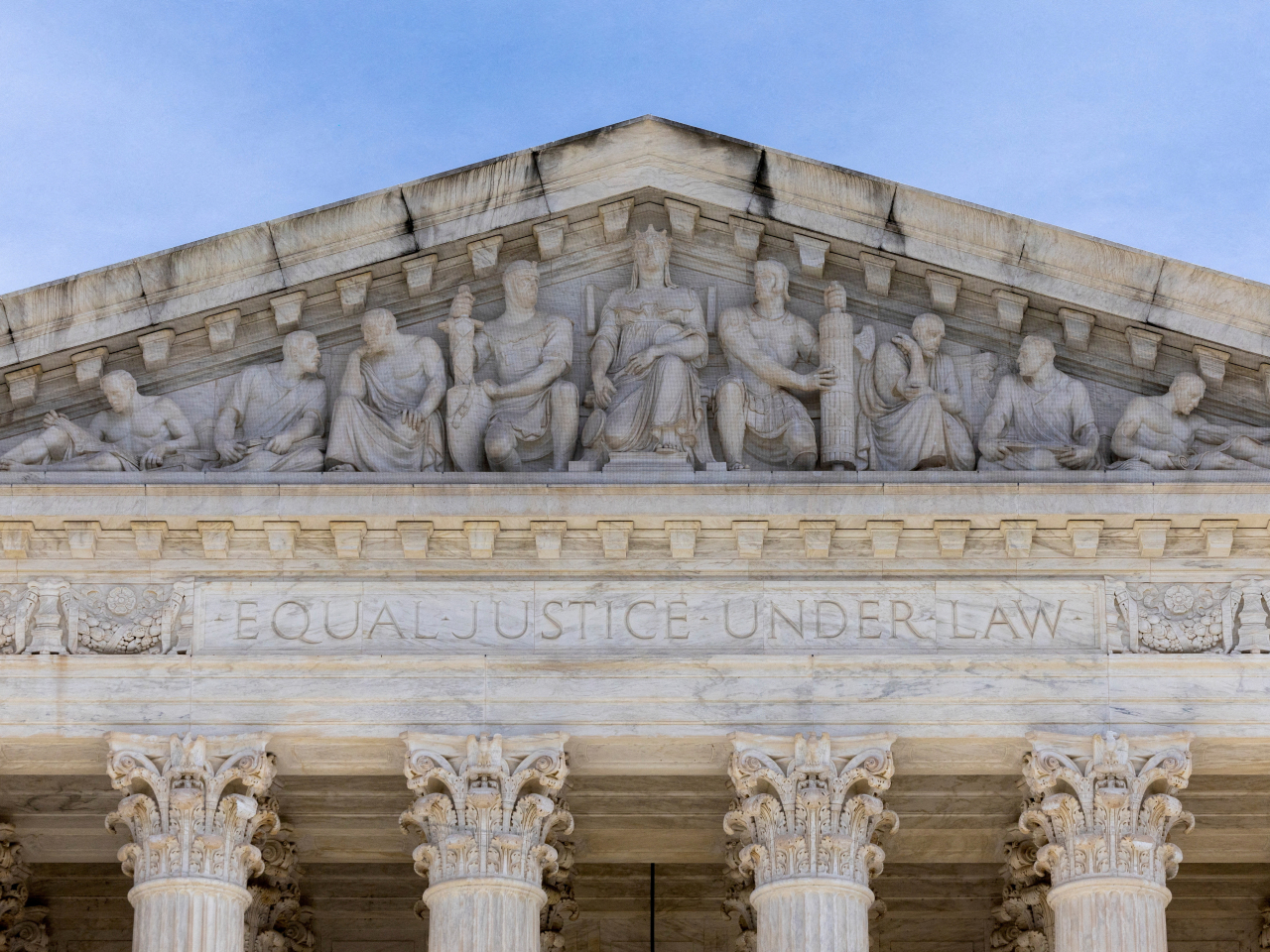Donald Trump's administration has asked the US Supreme Court to hear a bid to preserve his sweeping tariffs pursued under a 1977 law meant for emergencies, after a lower court invalidated most of the levies central to the president's economic and trade agenda.
The Justice Department appealed on Wednesday an August 29 ruling by a federal appeals court that Trump overstepped his authority in invoking the law known as the International Emergency Economic Powers Act (IEEPA), undercutting a major priority in his second term.
The tariffs currently remain in effect as the appeals court paused its order to give the administration time to seek Supreme Court review.
The Justice Department asked the Supreme Court to decide by September 10 whether it would hear the case. It also proposed an accelerated timetable for resolving the litigation, with oral arguments in the first week of November, just a month after the start of the court's 2025-26 term.
Lawyers for small businesses challenging the tariffs are not opposing the government's request for a Supreme Court hearing. One of the attorneys, Jeffrey Schwab of Liberty Justice Center, said in a statement they were confident they would prevail.
"We hope for a prompt resolution of this case for our clients," he said.
The levies are part of a trade war instigated by Trump since he returned to the presidency in January that has alienated trading partners, increased volatility in financial markets and fueled global economic uncertainty.
Trump has made tariffs a pillar of US foreign policy, using them to exert political pressure and renegotiate trade deals and extract concessions from countries that export goods to the United States.
The litigation concerns Trump's use of IEEPA to impose "reciprocal" tariffs to address trade deficits in April, as well as separate tariffs announced in February as economic leverage on China, Canada and Mexico to curb the trafficking of fentanyl and illicit drugs into the US.
IEEPA gives the president power to deal with "an unusual and extraordinary threat" amid a national emergency and had historically been used for imposing sanctions on enemies or freezing their assets. Prior to Trump, the law had never been used to impose tariffs.
The Department of Justice has argued that the law allows tariffs under emergency provisions that authorise a president to "regulate" imports or block them completely.
The Constitution grants Congress, not the president, the authority to issue taxes and tariffs, and any delegation of that authority must be both explicit and limited, according to the lawsuits.
The US court of appeals for the federal circuit in Washington, DC, agreed, ruling that the president's power to regulate imports under the law does not include the power to impose tariffs. (Reuters)





